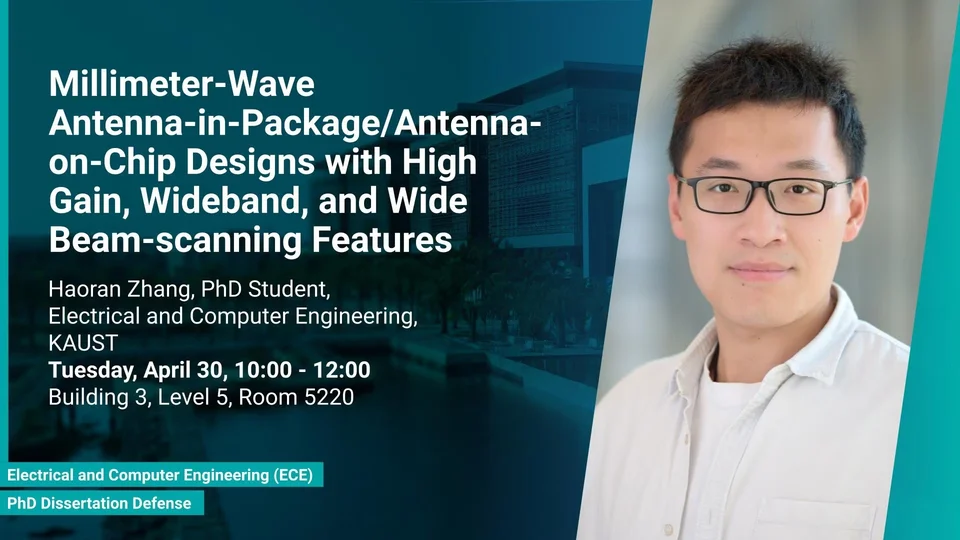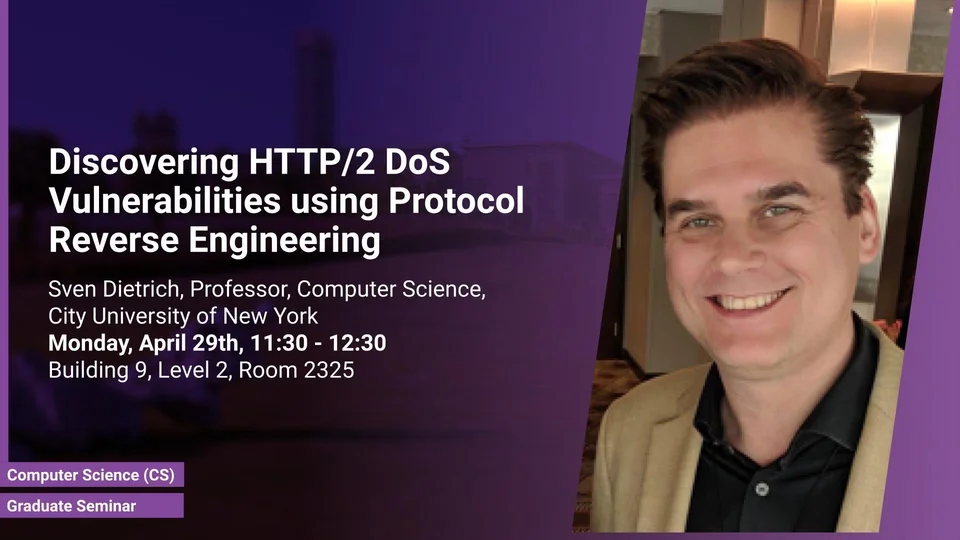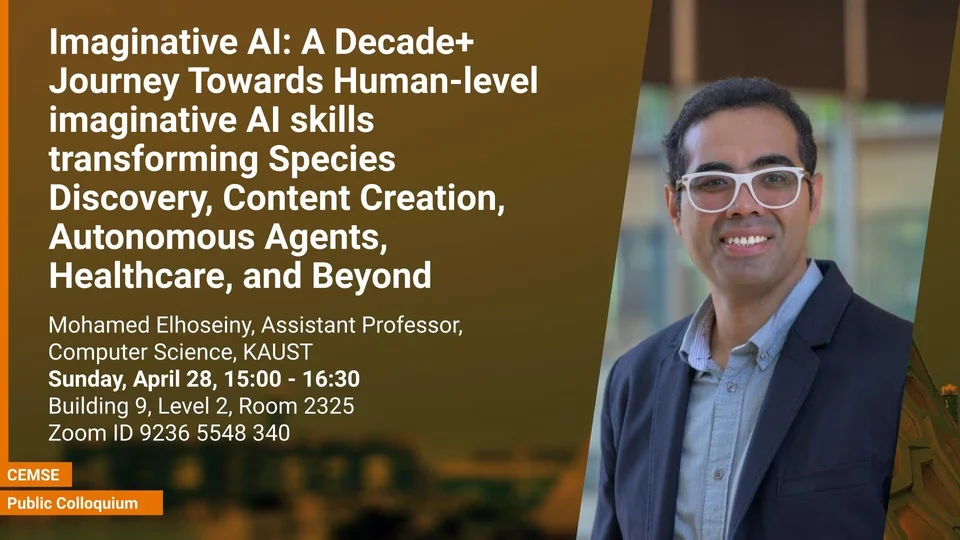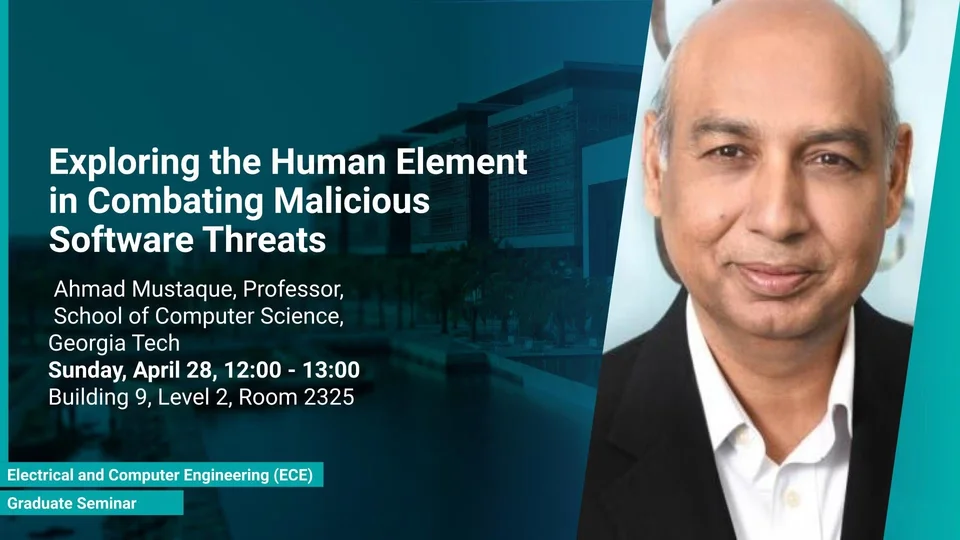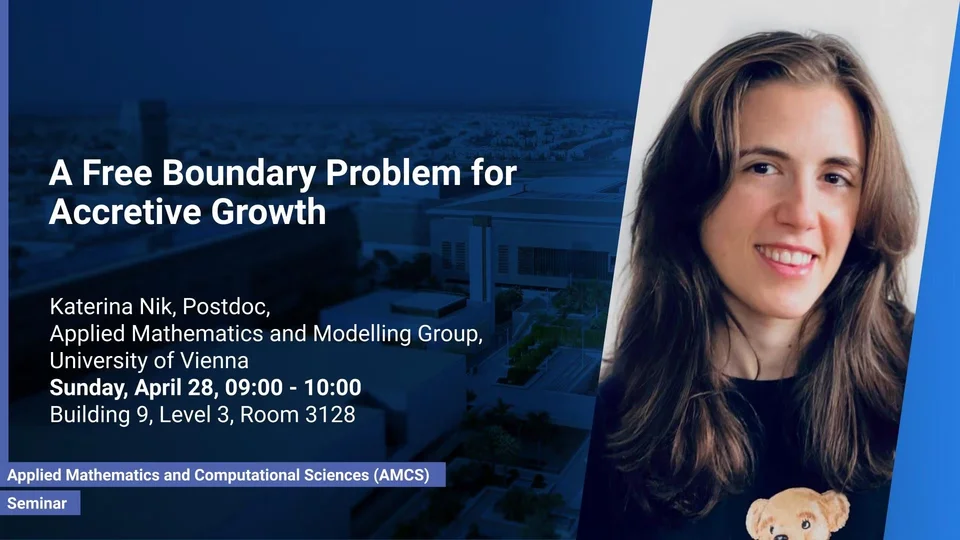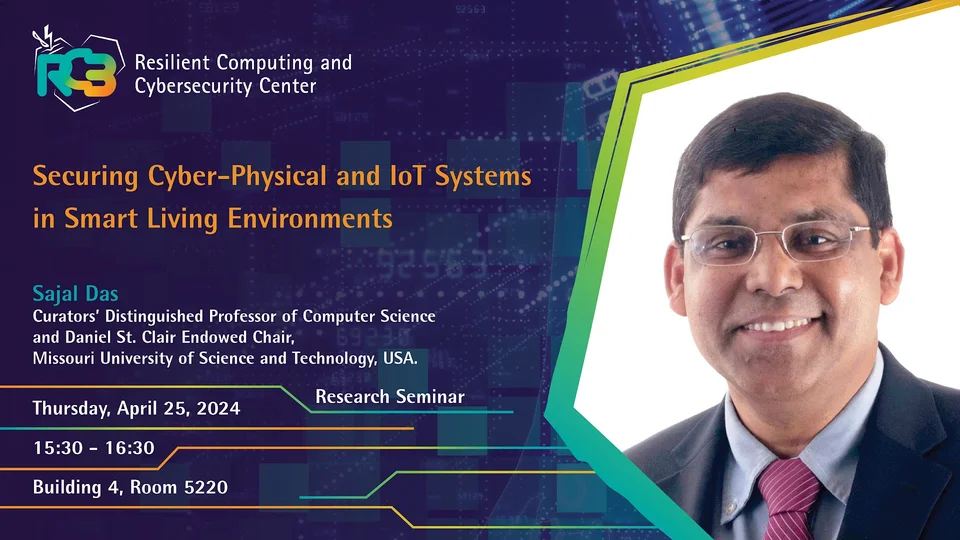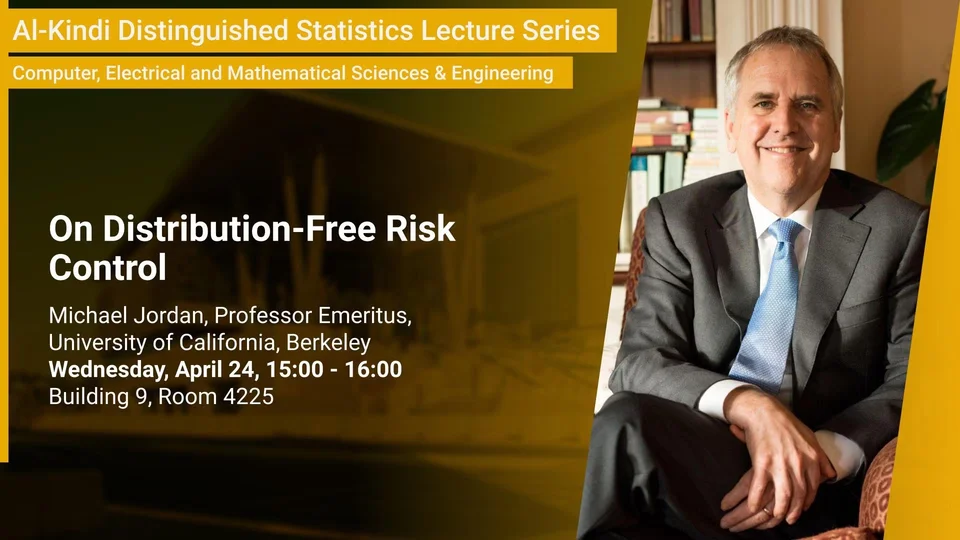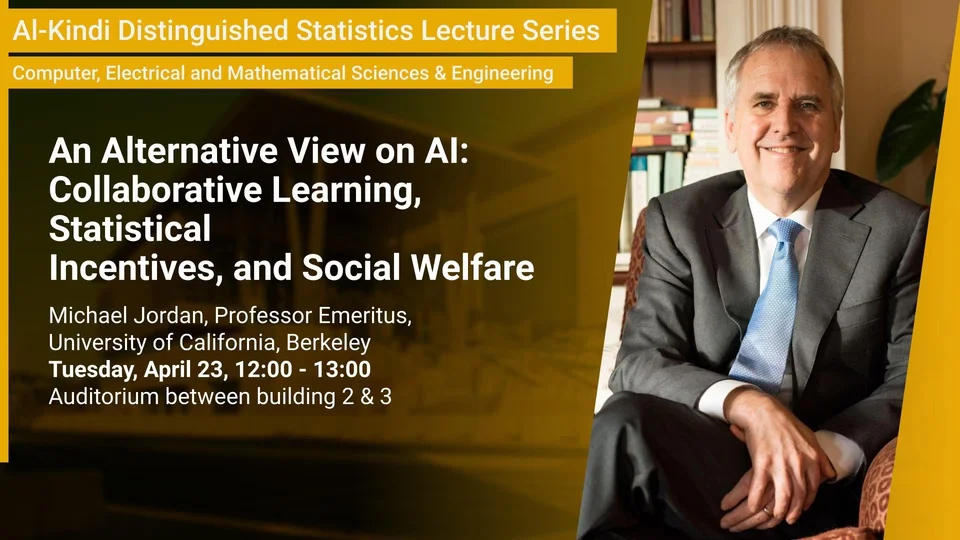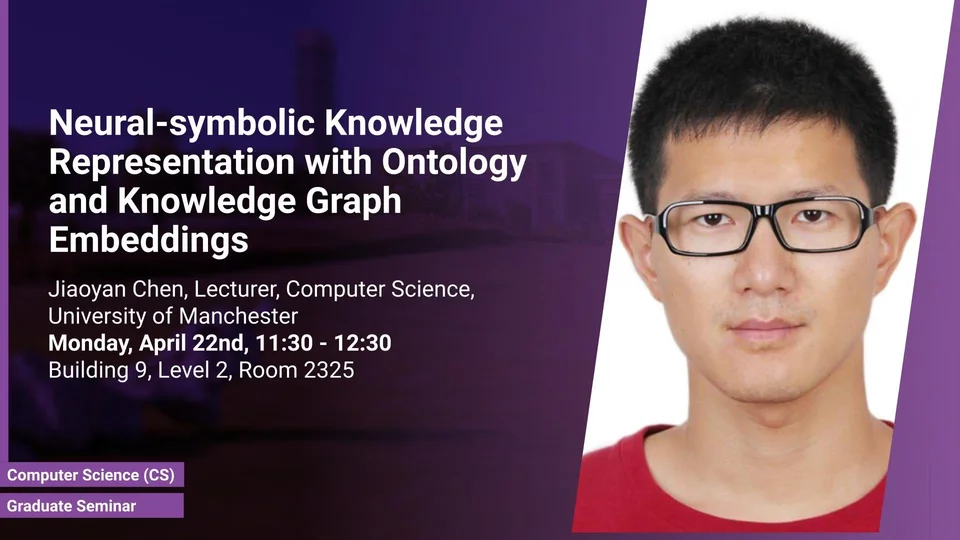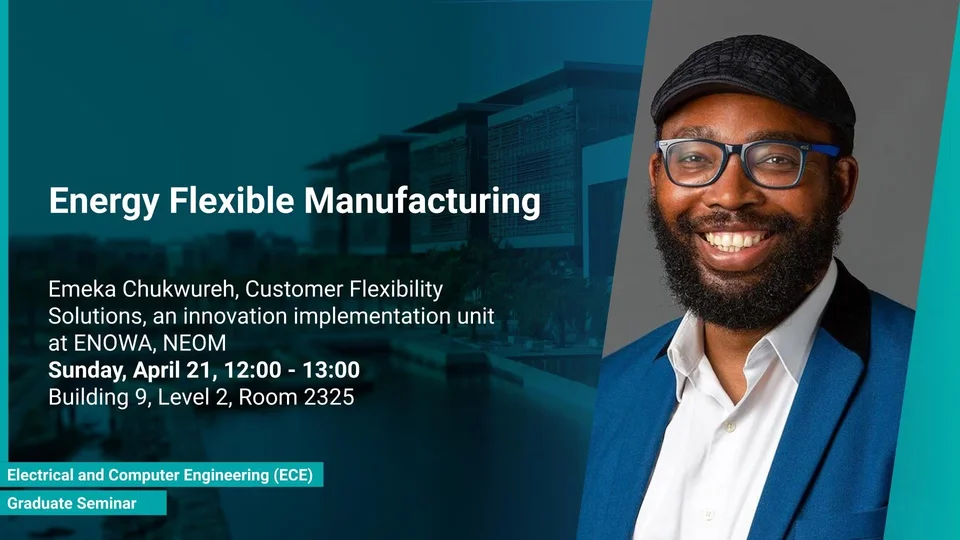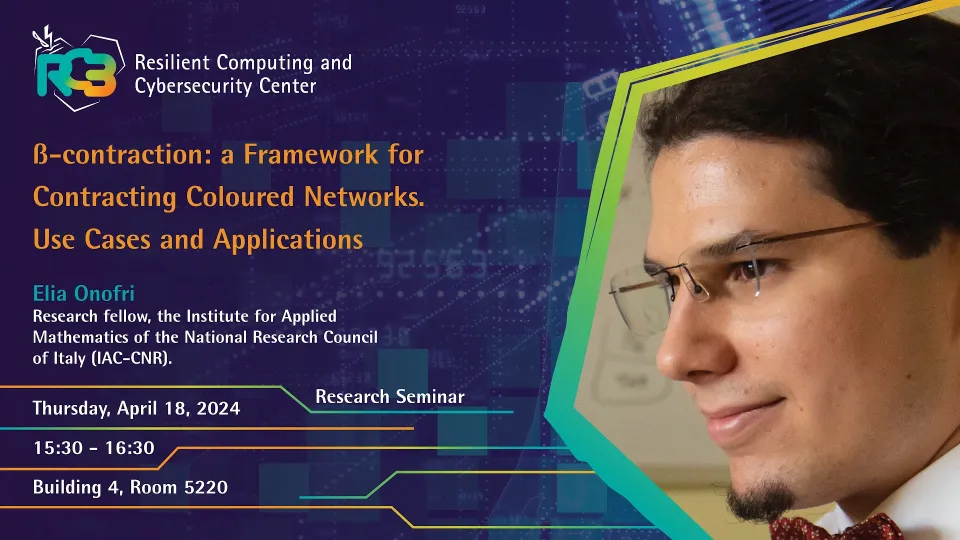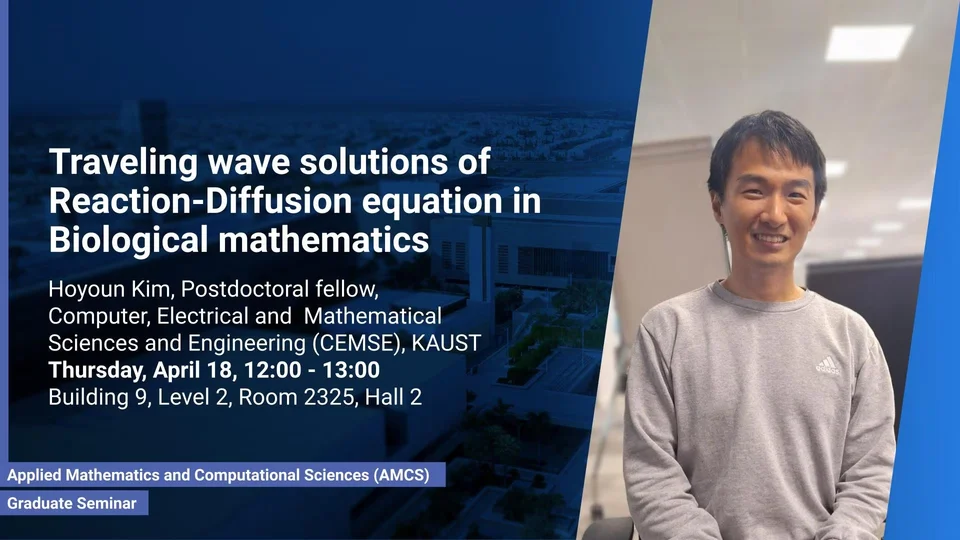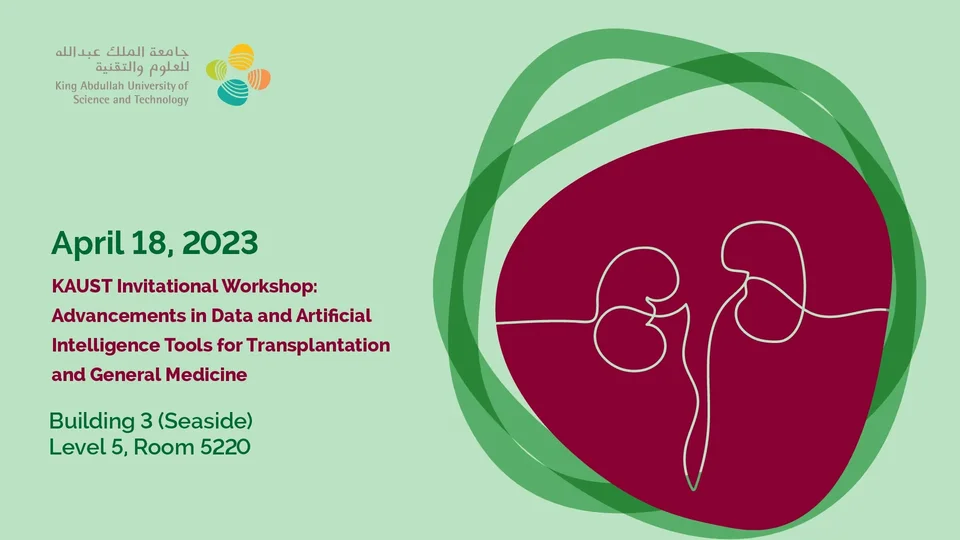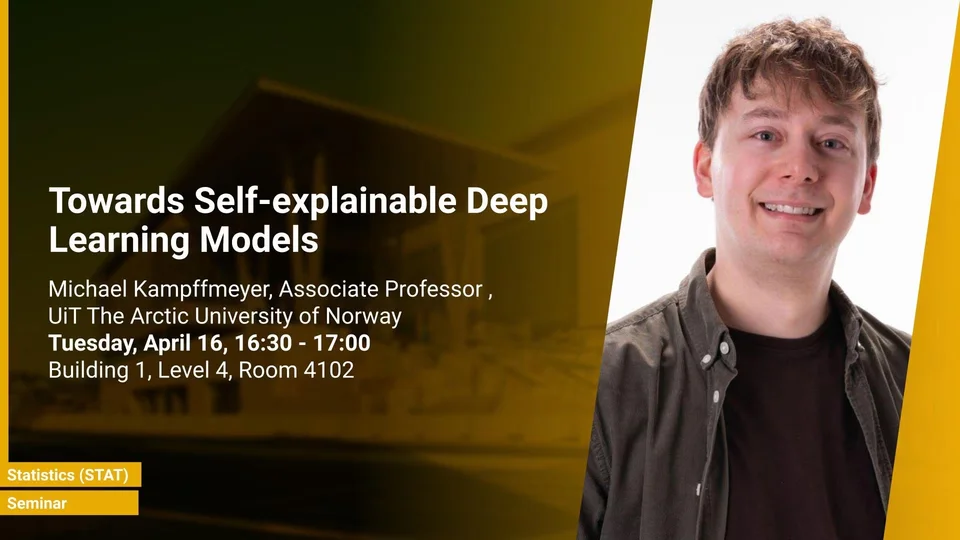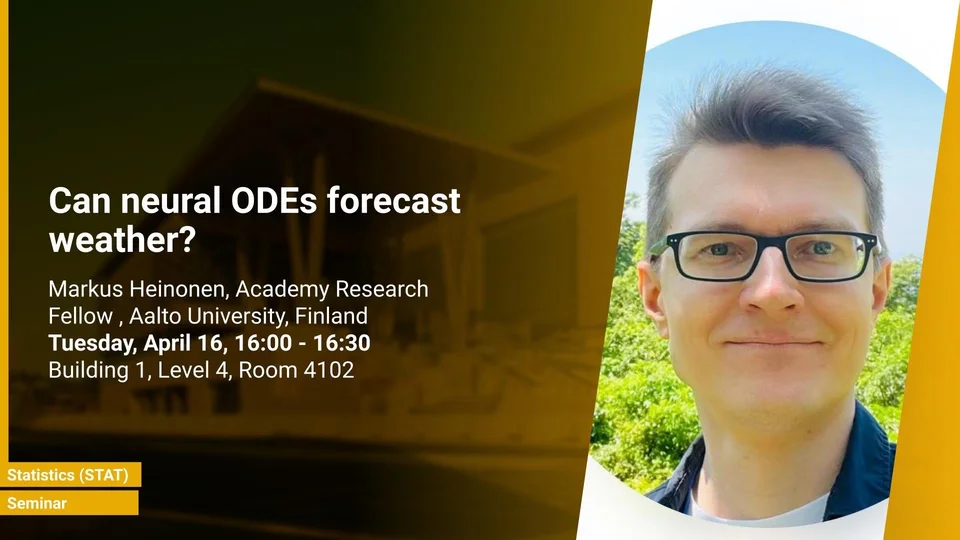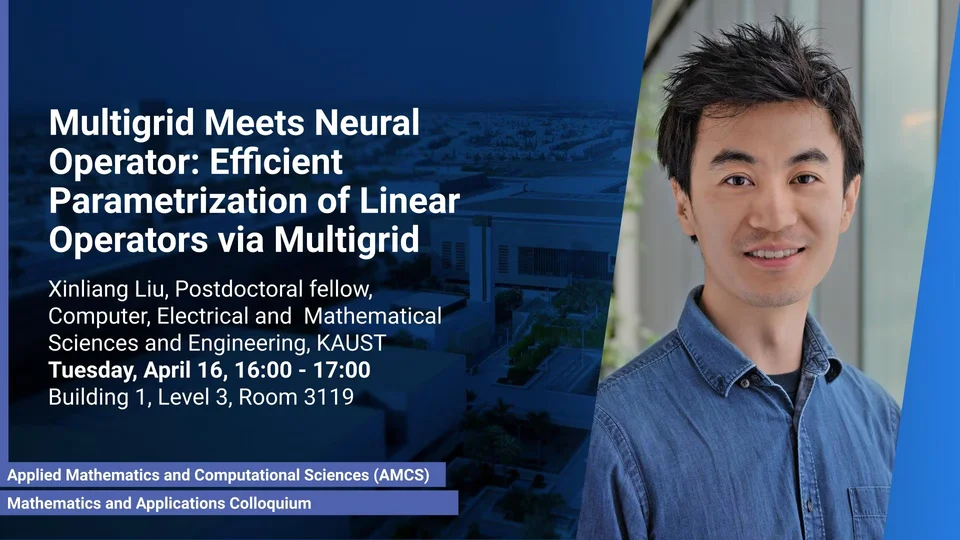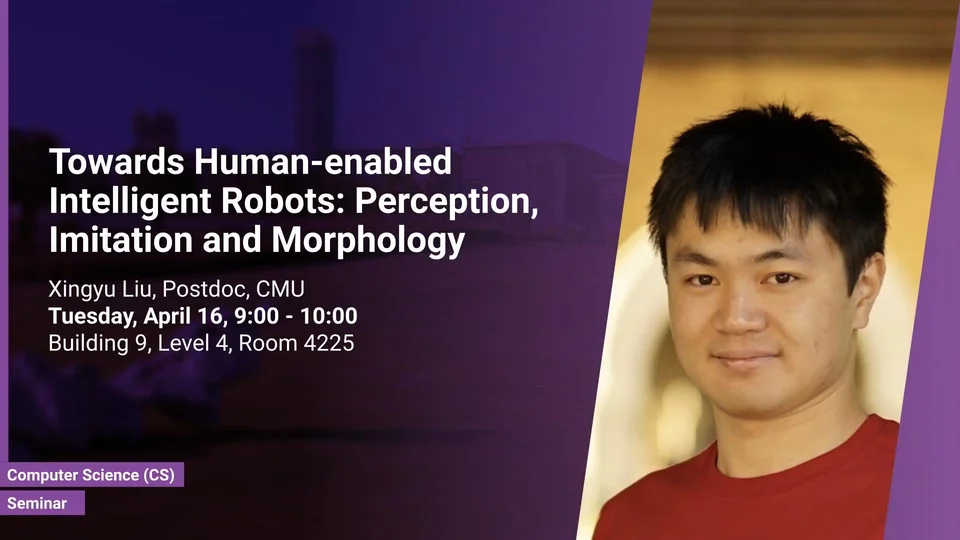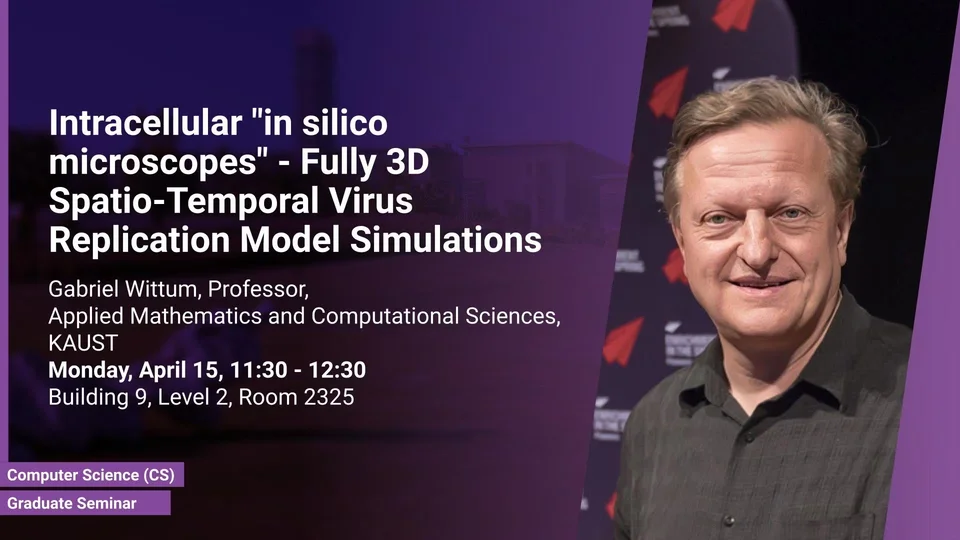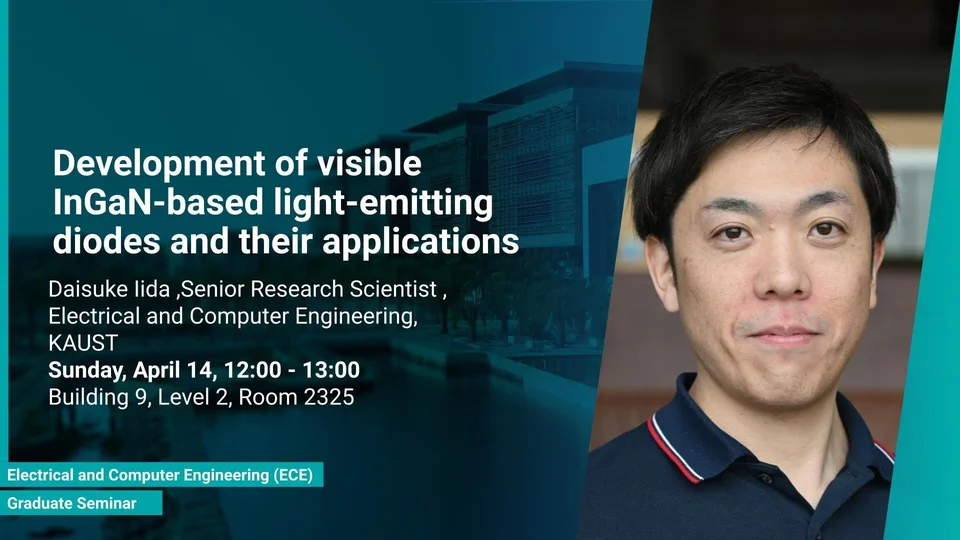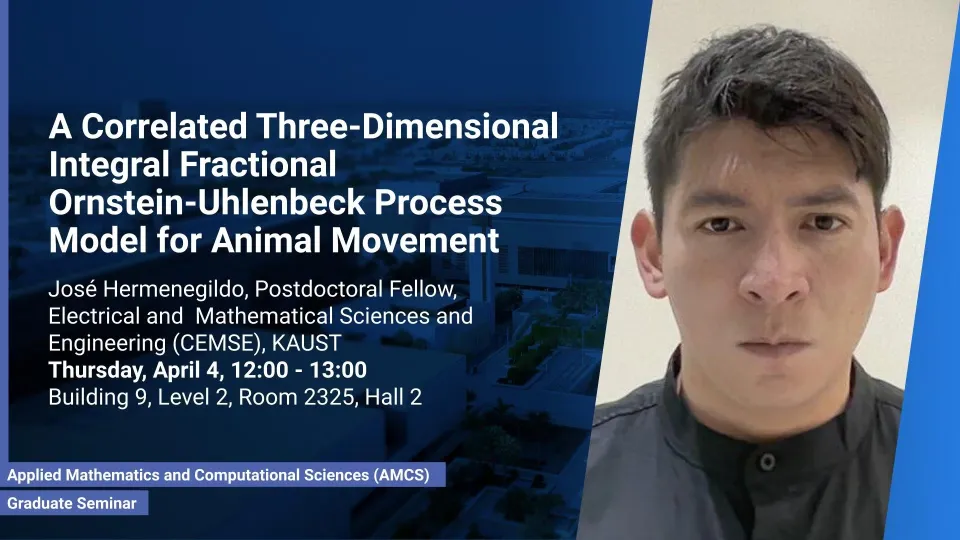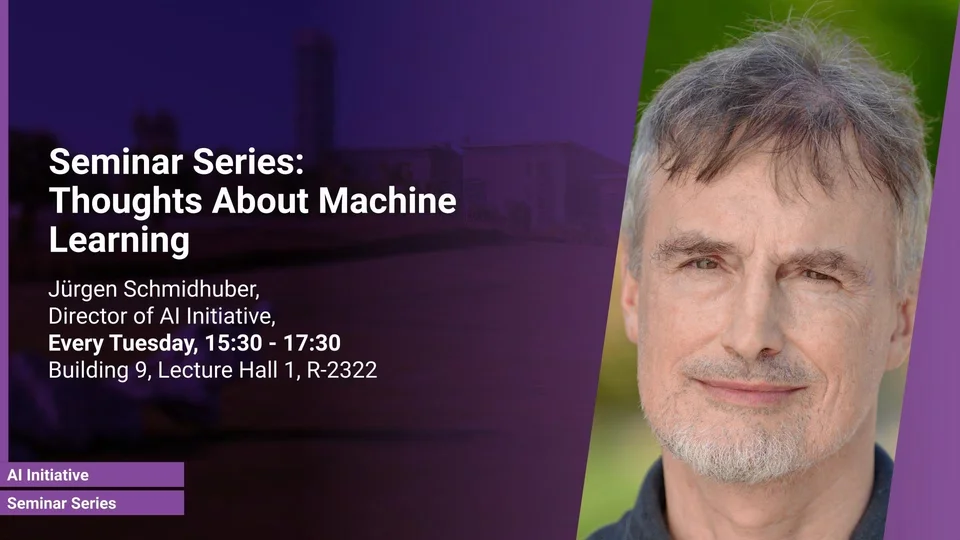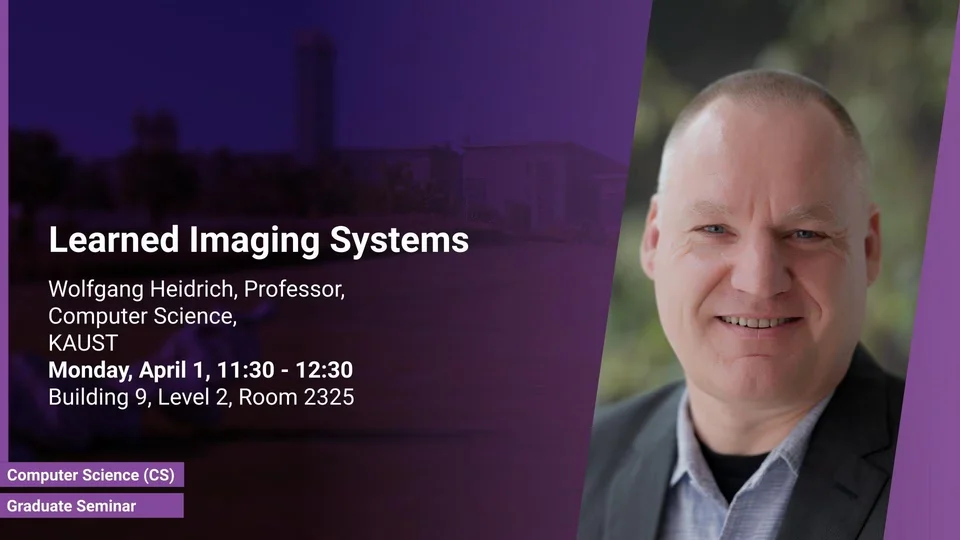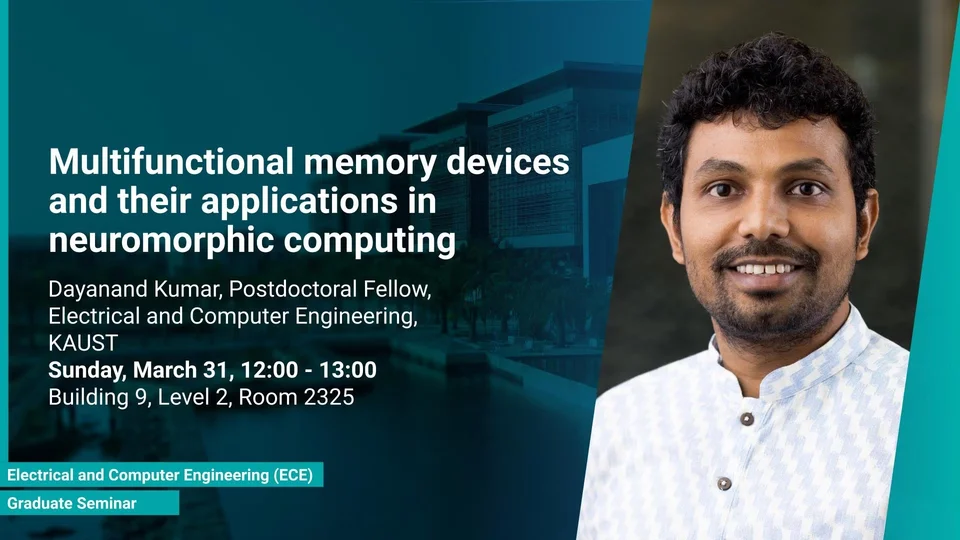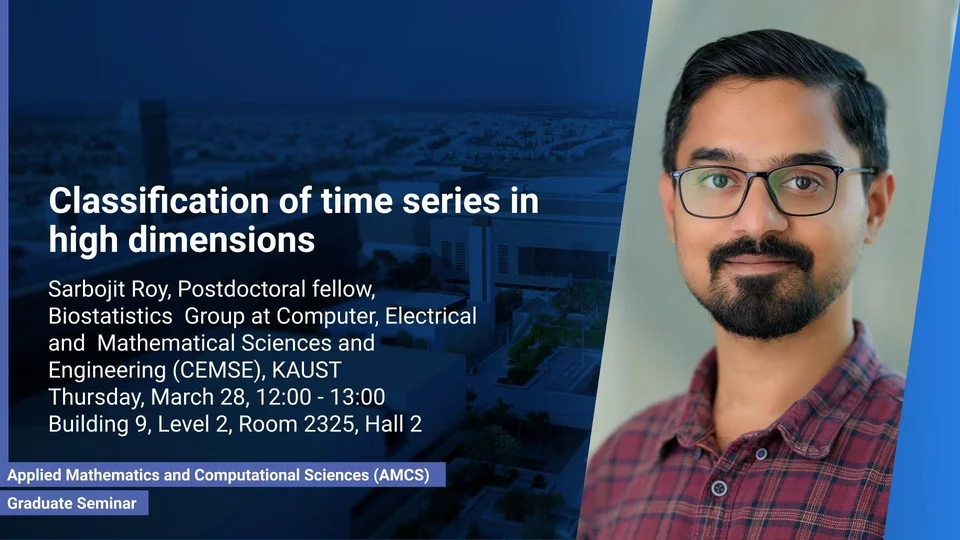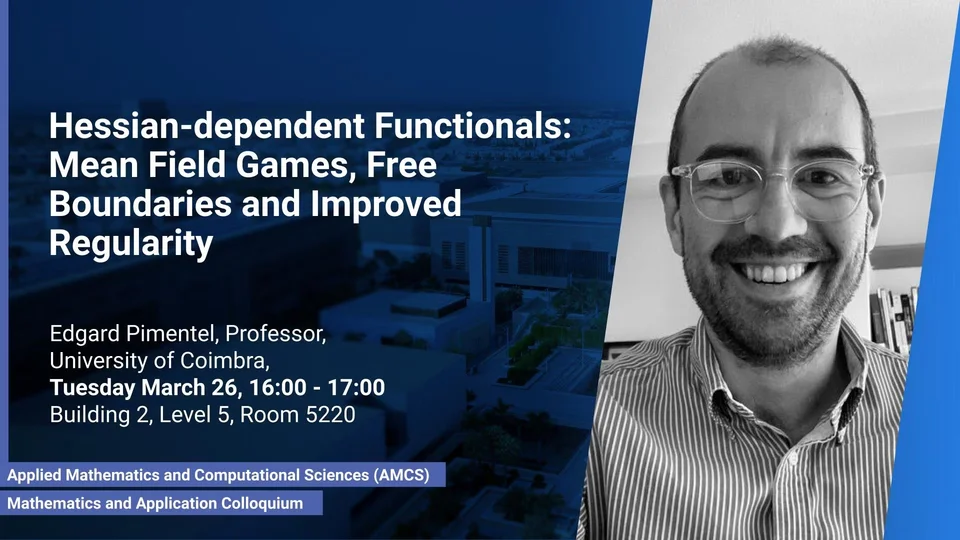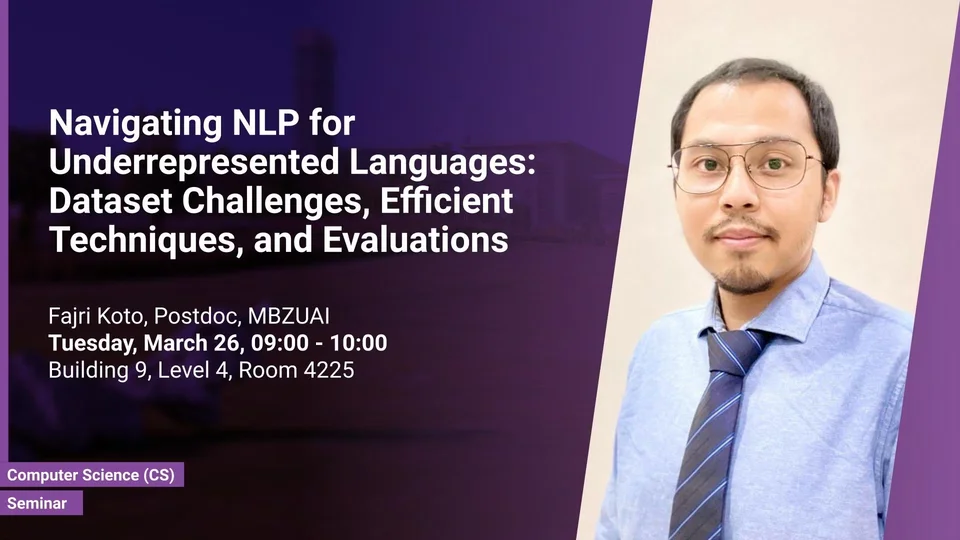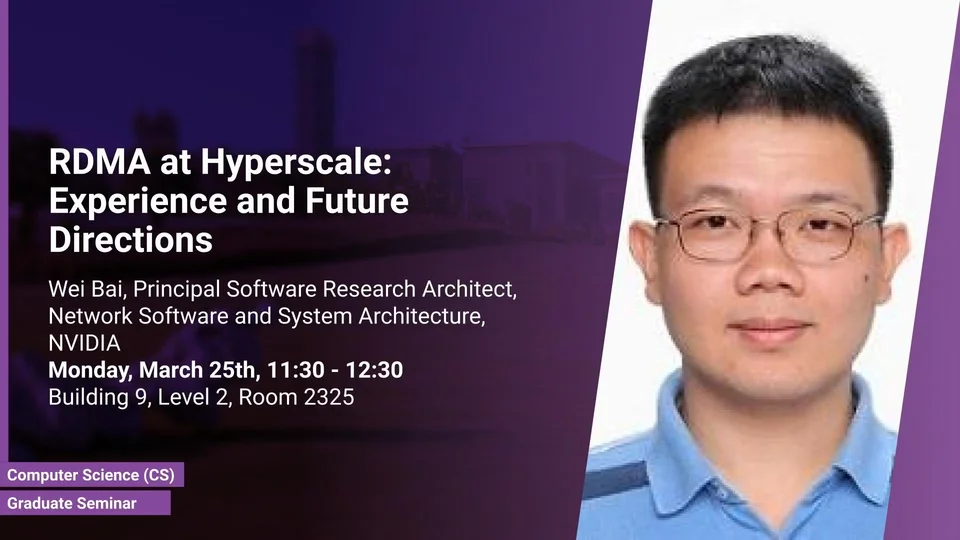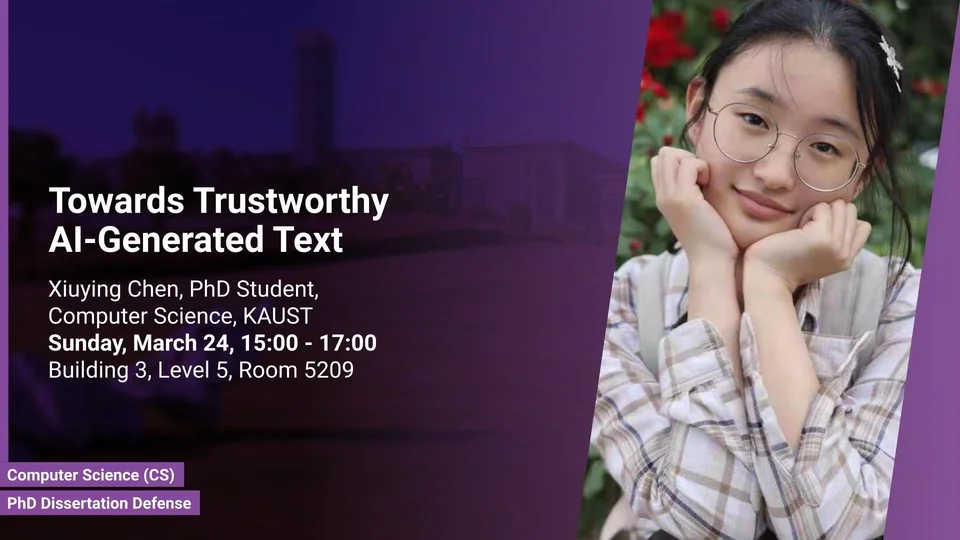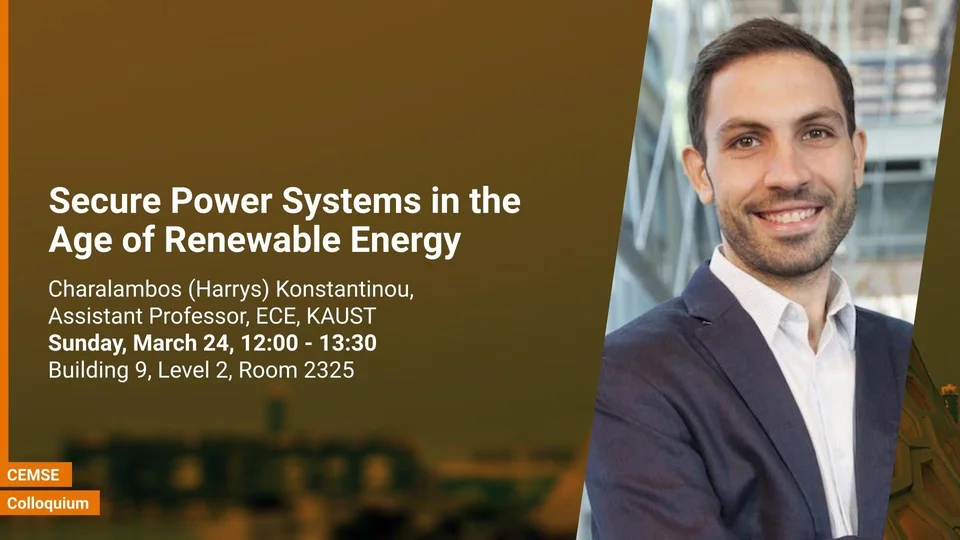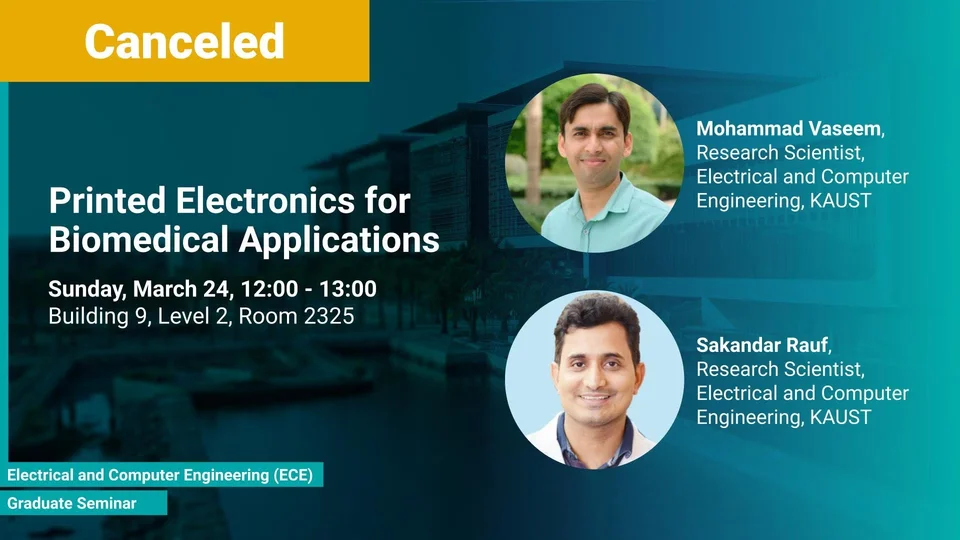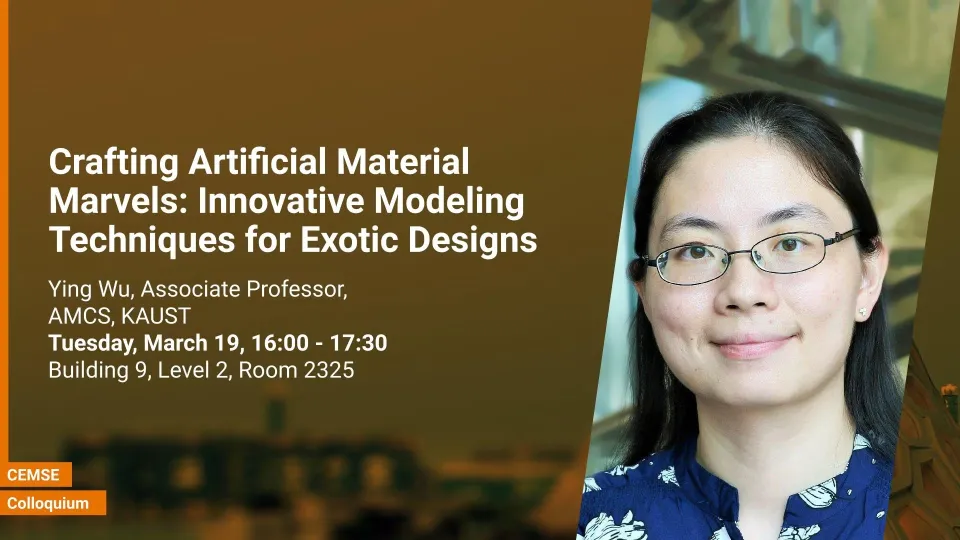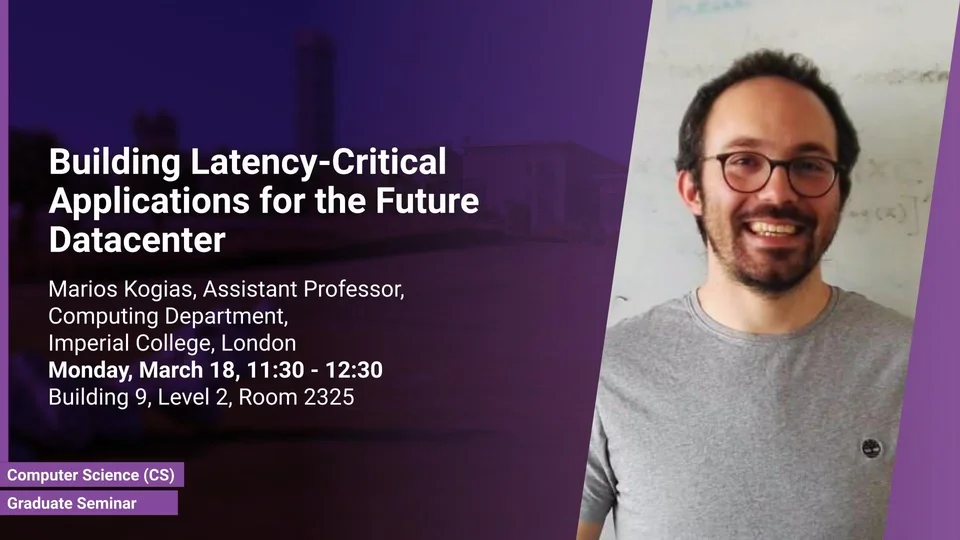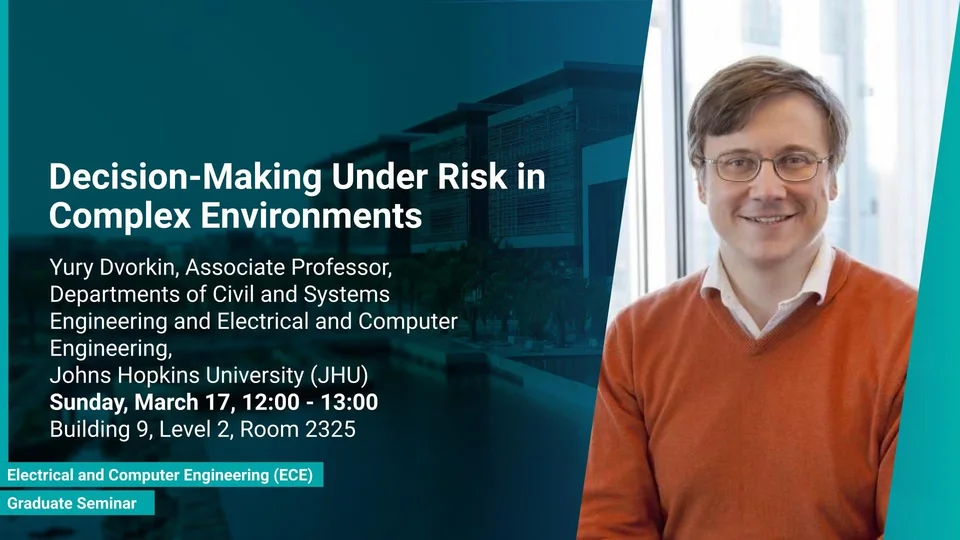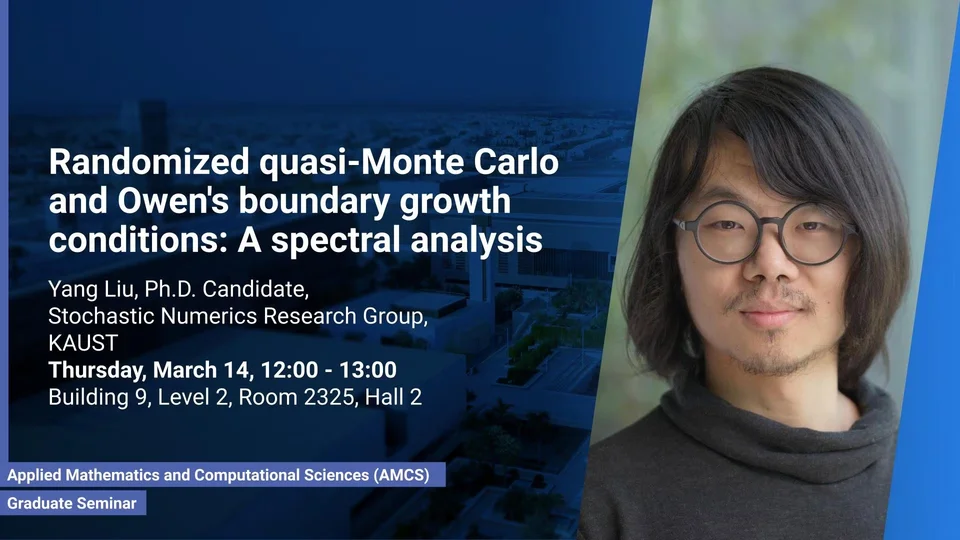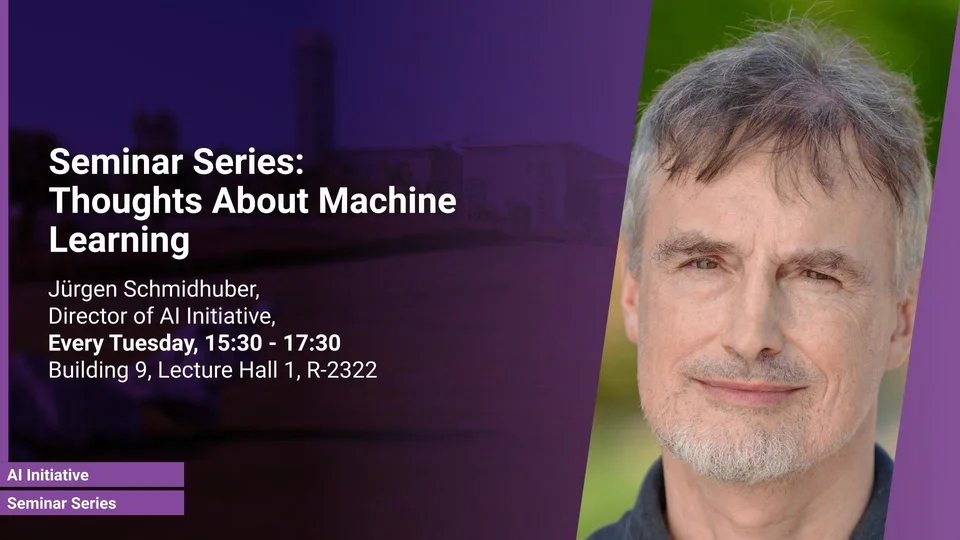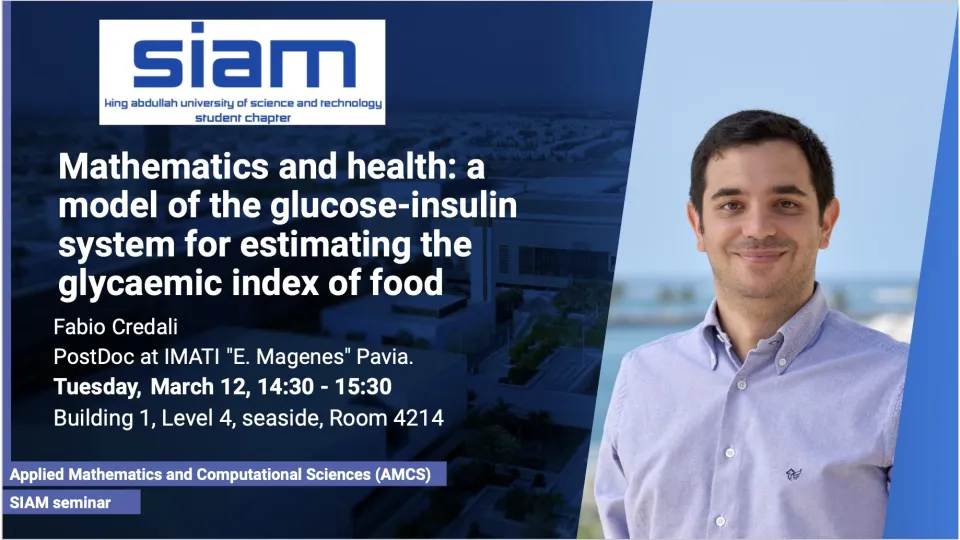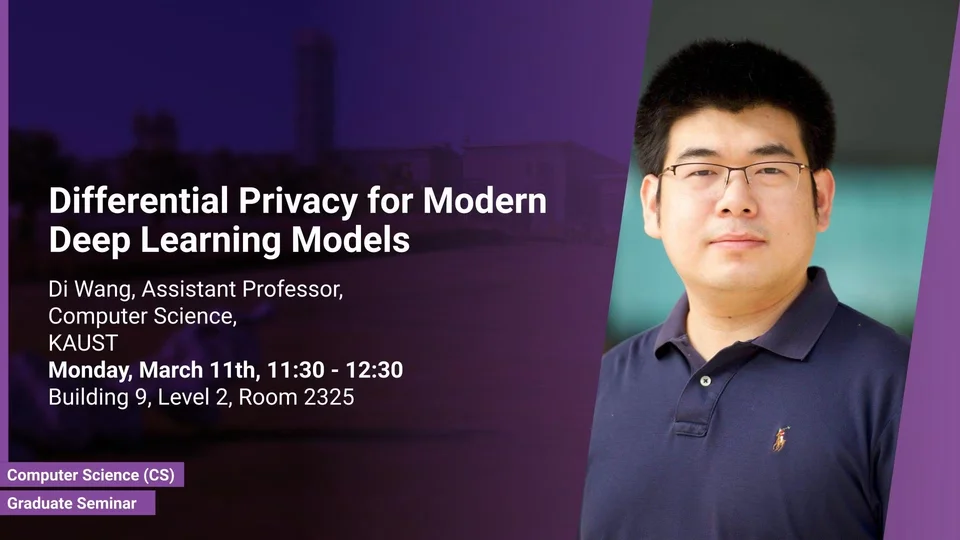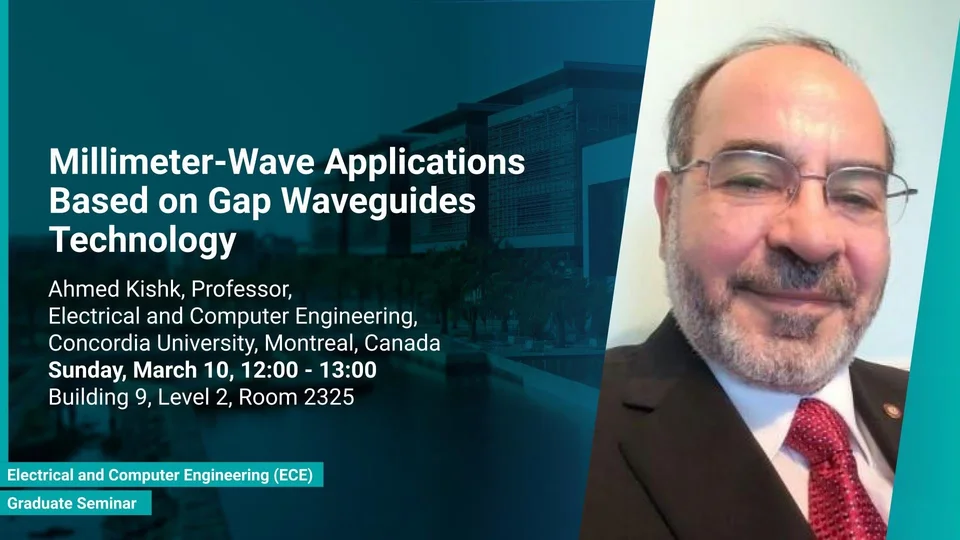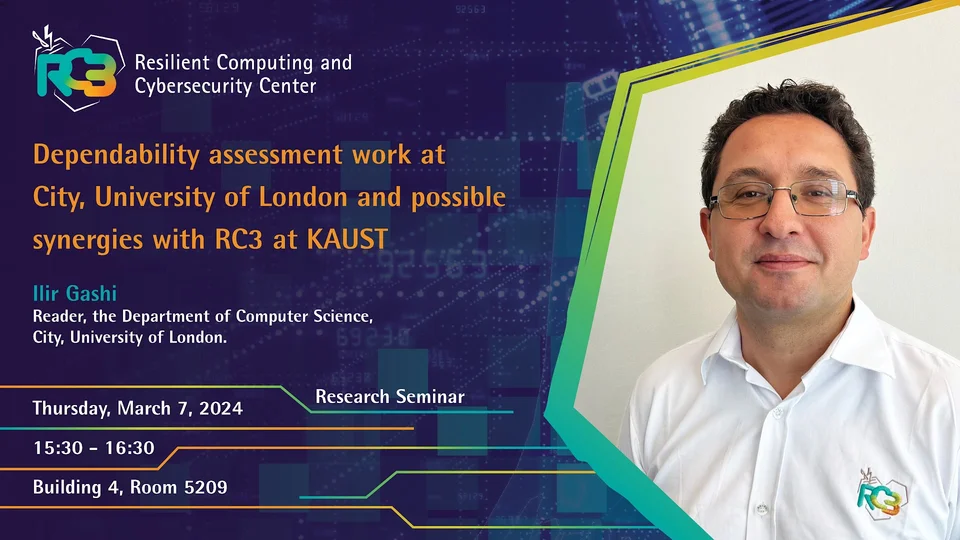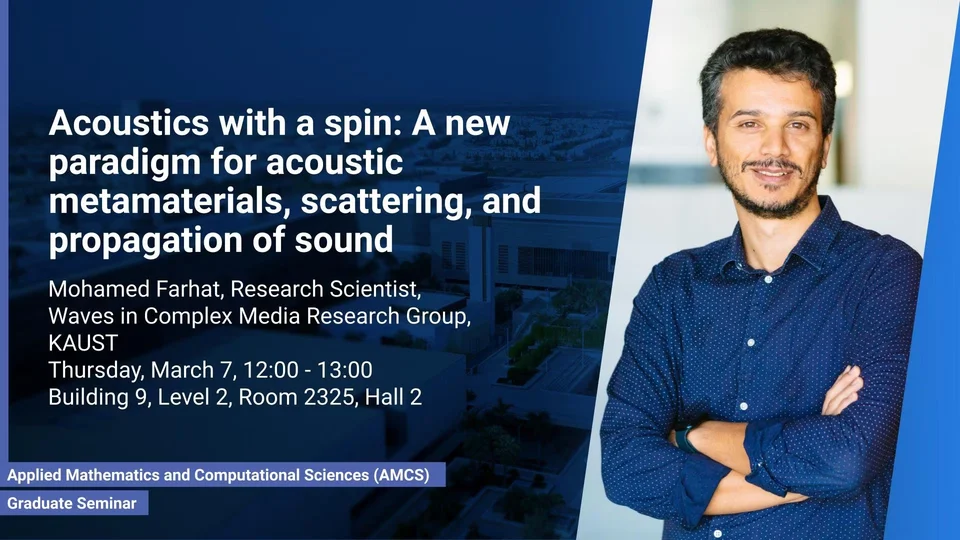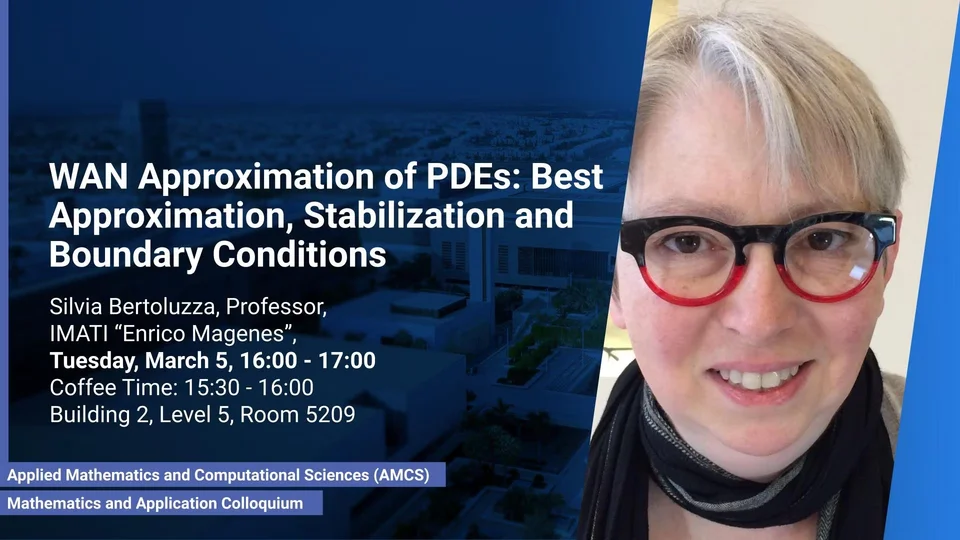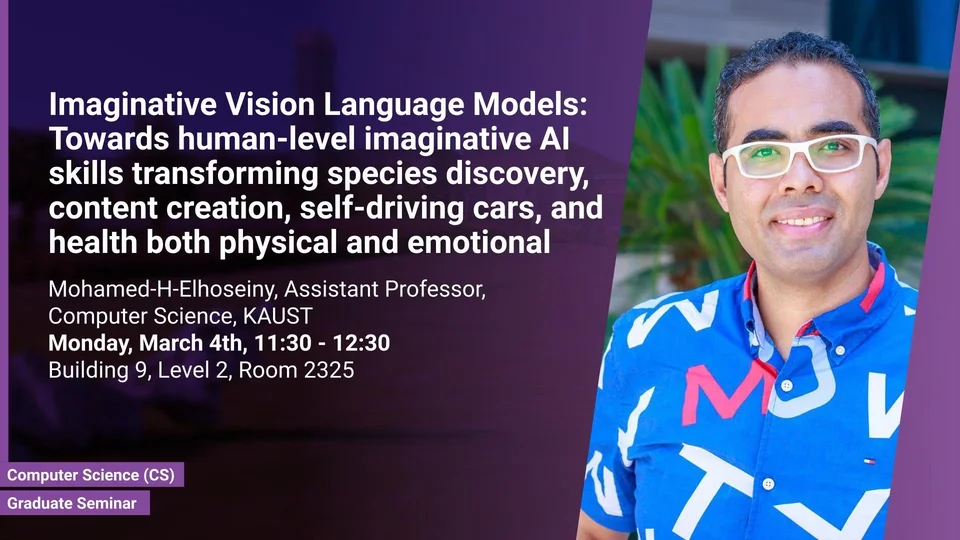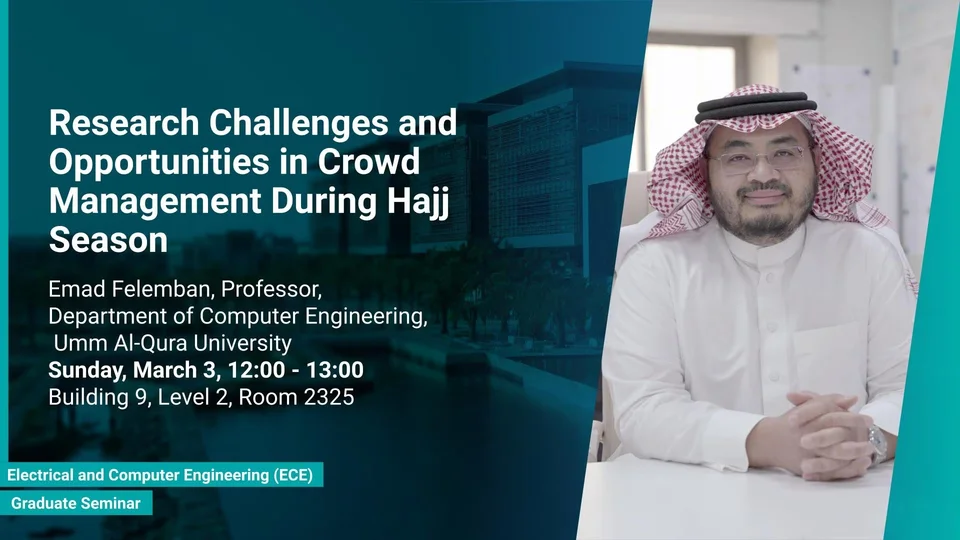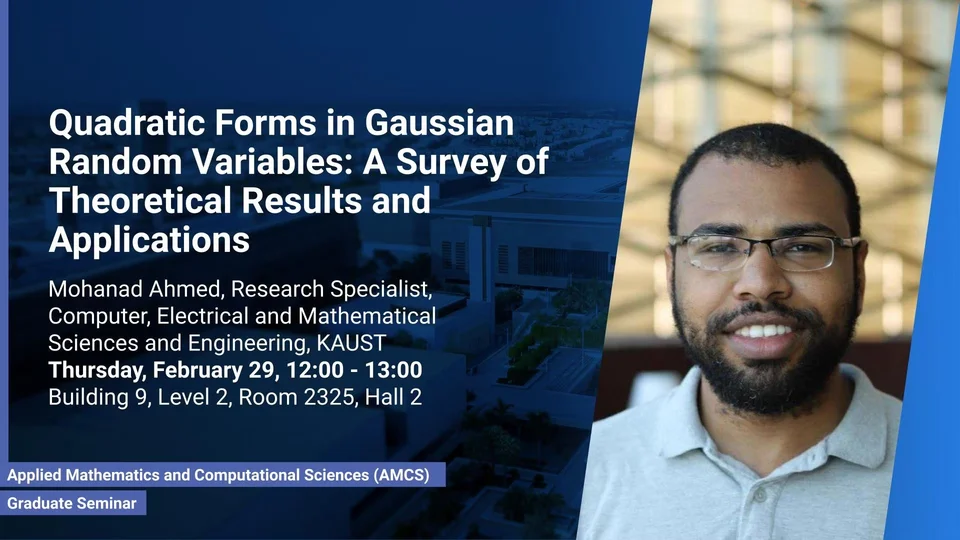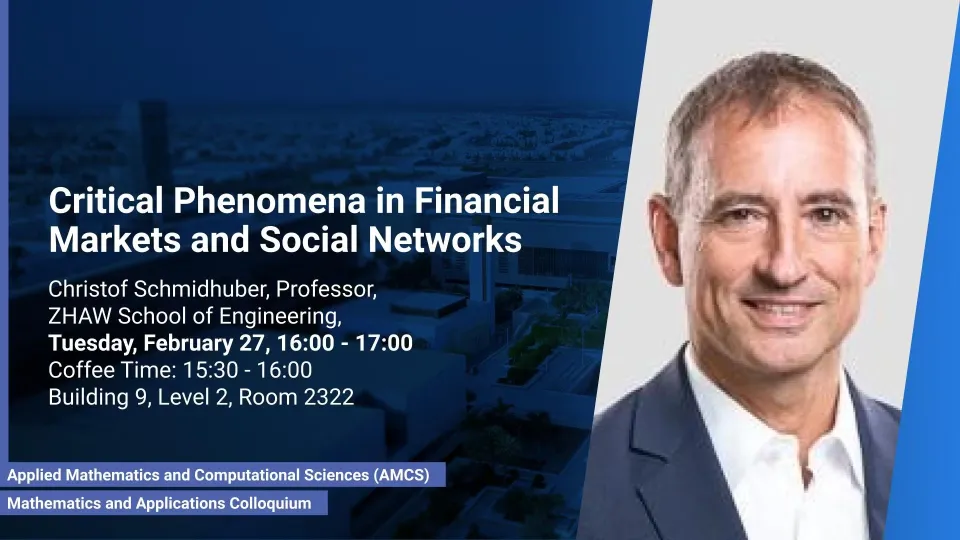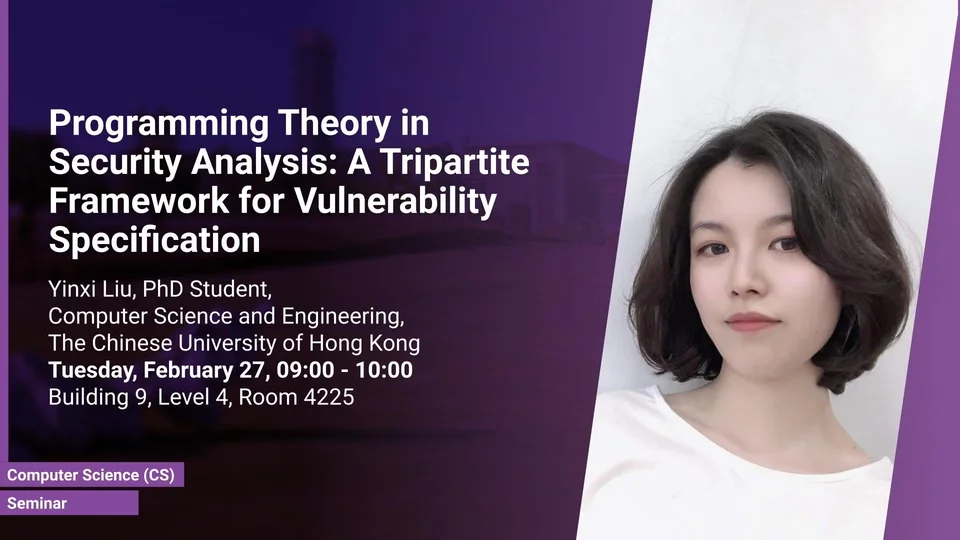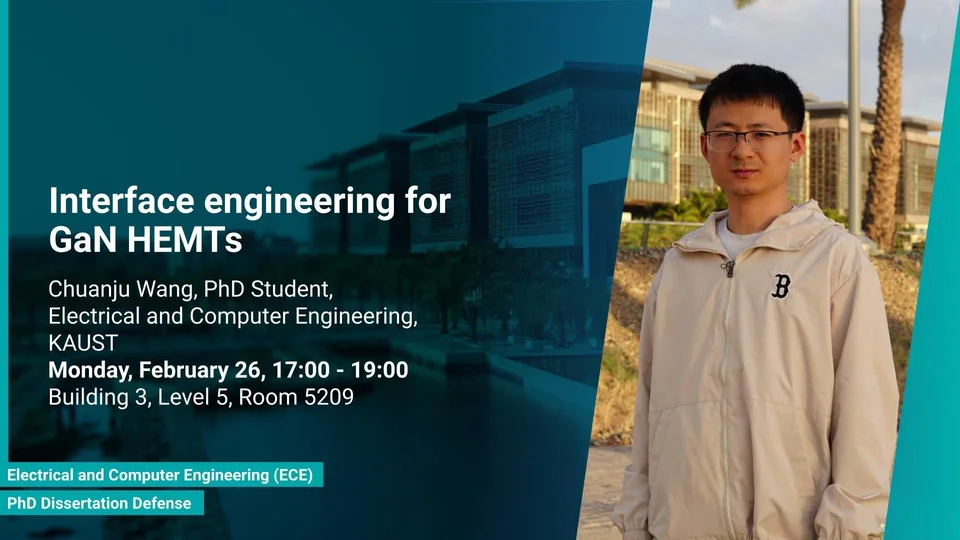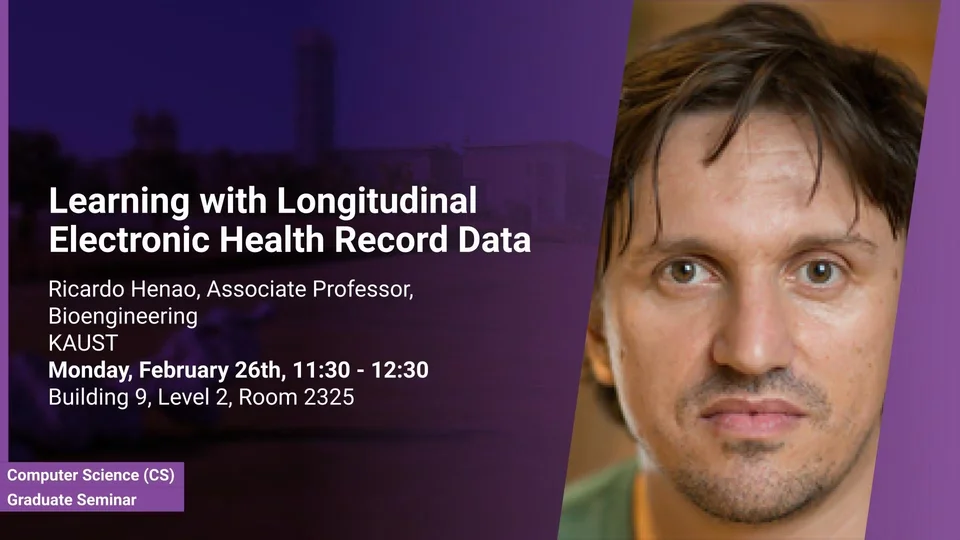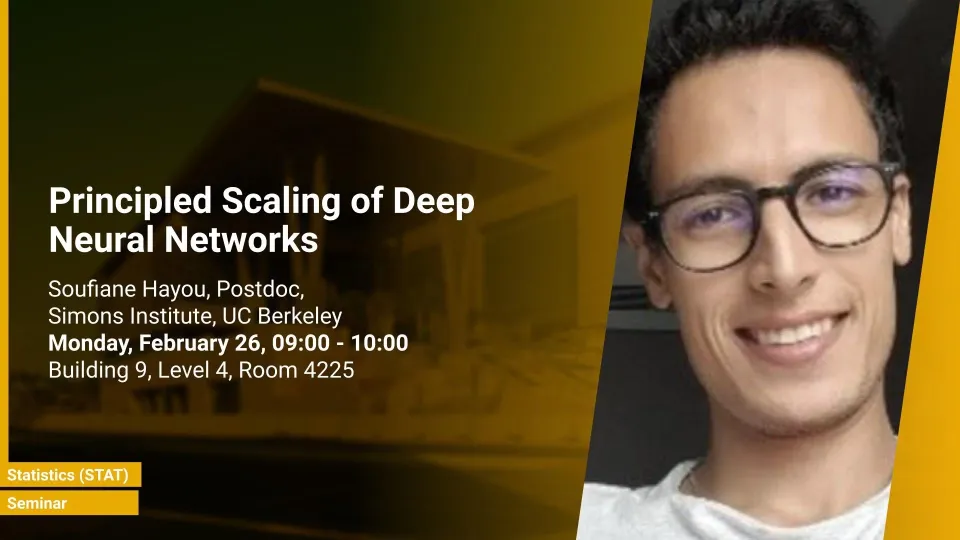Events
Apr 28 - May 4, 2024
Discovering HTTP/2 DoS Vulnerabilities using Protocol Reverse Engineering
Prof. Sven Dietrich, Computer Science, City University of New York
B9 L2 H2
A Free Boundary Problem for Accretive Growth
Katerina Nik, Postdoc, Applied Mathematics and Modelling Group, University of Vienna
B9 L3 R3128
Apr 21 - Apr 27, 2024
Securing Cyber-Physical and IoT Systems in Smart Living Environments
Prof. Sajal K. Das is a Curators’ Distinguished Professor of Computer Science, and Daniel St. Clair Endowed Chair, Missouri University of Science and Technology, USA.
B4 L5 R5220
On Distribution-Free Risk Control
Michael Jordan, Professor Emeritus, University of California, Berkeley
B9 L4 R4225
An Alternative View on AI: Collaborative Learning, Statistical Incentives, and Social Welfare
Michael Jordan, Professor Emeritus, University of California, Berkeley
Auditorium between B2 and 3
Neural-symbolic Knowledge Representation with Ontology and Knowledge Graph Embeddings
Dr. Jiaoyan Chen, Lecturer in Department of Computer Science, The University of Manchester
B9 L2 H2
Energy Flexible Manufacturing
Emeka Chukwureh, Customer Flexibility Solutions, an innovation implementation unit at ENOWA, NEOM
B9 L2 H2
Apr 14 - Apr 20, 2024
Towards Self-explainable Deep Learning Models
Prof. Michael Kampffmeyer, UiT The Arctic University of Norway
B1 L4 R 4102
Can neural ODEs forecast weather?
Dr. Markus Heinonen, Academy Research Fellow, Aalto Univeristy, Finland
B1 L4 R 4102
Towards Human-enabled Intelligent Robots: Perception, Imitation and Morphology
Xingyu Liu, Postdoc, CMU
B9 L4 R4225
Mar 31 - Apr 6, 2024
Mar 24 - Mar 30, 2024
RDMA at Hyperscale: Experience and Future Directions
Wei Bai, Principal Software Research Architect, NVIDIA
B9 L2 H2
Canceled: Printed Electronics for Biomedical Applications
Dr. Mohammad Vaseem and Dr. Sakandar Rauf, Electrical and Computer Engineering, KAUST
B9 L2 H2
Mar 17 - Mar 23, 2024
Building Latency-Critical Applications for the Future Datacenter
Marios Kogias, Assistant Professor, Computing Department, Imperial College, London
B9 L2 H2
Mar 10 - Mar 16, 2024
Mathematics and health: a model of the glucose-insulin system for estimating the glycaemic index of food
Fabio Credali, Postdoc at IMATI, Pavia
B1 L4 seaside R4214
Millimeter-Wave Applications Based on Gap Waveguides Technology
Prof. Ahmed Kishk, Electrical and Computer Engineering, Concordia University, Montreal, Canada
B9 L2 H2 LH2
Mar 3 - Mar 9, 2024
Research Challenges and Opportunities in Crowd Management During Hajj Season
Emad Felemban, Department of Computer Engineering, Umm Al-Qura University.
B9 L2 H2
Feb 25 - Mar 2, 2024
Programming Theory in Security Analysis: A Tripartite Framework for Vulnerability Specification
Yinxi Liu, PhD Student, Computer Science and Engineering, the Chinese University of Hong Kong
B9 L4 R4225
